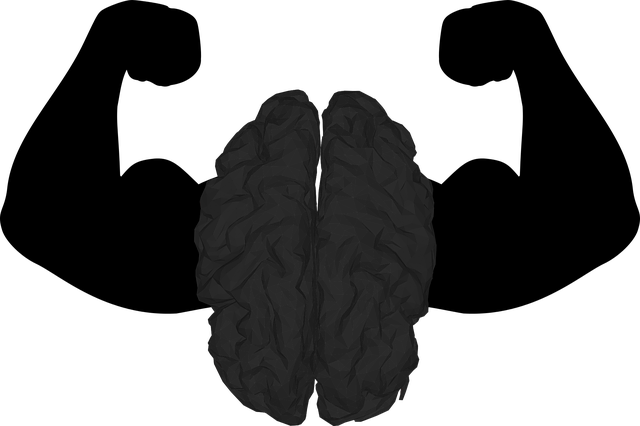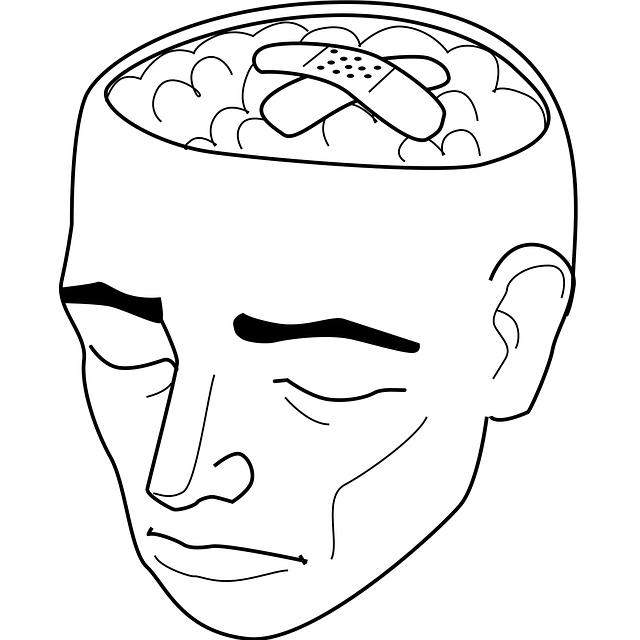Effective Highlands Ranch Obsessive Compulsive Disorder (OCD) Therapy relies on comprehensive data analysis, combining patient histories, assessments, and self-awareness exercises to uncover triggers and recurring themes. Using structured tools, therapists track progress, gain insights, and adjust treatment strategies for holistic care. Advanced statistical methods and qualitative techniques reveal critical factors influencing OCD, guiding targeted interventions and stress management workshops. Technology facilitates personalized treatment plans through data-driven insights, tracking progress, and fostering continuous learning in a supportive environment for Highlands Ranch residents.
Mental health data analysis is a growing field, offering valuable insights into disorders like Obsessive Compulsive Disorder (OCD). This article explores key aspects of mental health data, from understanding and collecting information to advanced analytical techniques. We delve into specific OCD patterns and the application of interpretative methods for clinical practice. The role of technology in data-driven therapy is also highlighted through a case study focusing on successful Highlands Ranch Obsessive Compulsive Disorder Therapy.
- Understanding Mental Health Data: Collection and Organization
- Analyzing Obsessive Compulsive Disorder (OCD) Patterns
- Interpretative Techniques for Clinical Insights
- The Role of Technology in Data-Driven Therapy
- Case Studies: Highlands Ranch OCD Therapy in Practice
Understanding Mental Health Data: Collection and Organization

Understanding Mental Health Data is a crucial step in providing effective treatment and support, especially when addressing specific conditions like Obsessive Compulsive Disorder (OCD) in Highlands Ranch. The collection of data begins with accurate diagnosis, which relies on detailed patient histories and comprehensive assessments. This process involves gathering information about symptoms, their impact, and potential triggers—a task often facilitated by self-awareness exercises tailored to the individual’s needs.
Organizing this data is essential for interpretation and informed decision-making. Mental health professionals can employ structured tools and protocols to categorize and track patient progress. By systematically recording behaviors, thoughts, and emotional responses, therapists gain valuable insights into their clients’ mental health landscapes. This methodical approach not only aids in monitoring the effectiveness of treatment but also enables risk management planning for mental health professionals, ensuring they are prepared to address any emerging issues promptly.
Analyzing Obsessive Compulsive Disorder (OCD) Patterns

Analyzing Obsessive Compulsive Disorder (OCD) patterns offers a deep dive into understanding the intricacies of this complex mental health condition. Through advanced data analysis techniques, therapists in Highlands Ranch can uncover recurring themes and triggers specific to each individual’s experience with OCD. This involves scrutinizing behaviors, thoughts, and emotions associated with obsessions and compulsions, enabling tailored therapy approaches. By identifying patterns, such as common obsessions (e.g., cleanliness or symmetry) and the corresponding compulsions, therapists can develop effective strategies.
This process goes beyond mere symptom management; it aims to enhance emotional intelligence and confidence-boosting techniques. By understanding the underlying mechanisms of OCD, individuals equipped with conflict resolution skills can manage their symptoms more effectively. The analysis can also reveal environmental or social factors contributing to OCD, allowing for holistic treatment approaches that address both the mind and context in which OCD manifests.
Interpretative Techniques for Clinical Insights

In the realm of mental health data analysis, interpretative techniques are pivotal for deriving clinical insights that can significantly enhance patient care and outcomes, especially in addressing conditions like Highlands Ranch Obsessive Compulsive Disorder Therapy (OCD). Advanced statistical methods, coupled with qualitative approaches, enable researchers to uncover patterns and trends within complex datasets. This involves the meticulous examination of various factors—demographic, psychological, and environmental—that contribute to mental health disorders, fostering a more nuanced understanding.
Resilience building, a key aspect often explored through these techniques, plays a crucial role in managing stress-related conditions. Public awareness campaigns development and Stress Management Workshops Organization can greatly benefit from such insights, as they inform targeted interventions. By delving into the data, professionals can design tailored programs that strengthen individuals’ coping mechanisms, thereby reducing the burden of mental health challenges.
The Role of Technology in Data-Driven Therapy

Technology has transformed the landscape of therapy, particularly in areas like Highlands Ranch Obsessive Compulsive Disorder (OCD) Therapy. Advanced data analysis tools enable therapists to gain deeper insights from patient information, leading to more personalized and effective treatment plans. By employing technology, therapists can identify patterns in behaviors and symptoms, allowing them to tailor communication strategies and empathy-building techniques to each individual’s unique needs.
This digital approach not only facilitates the tracking of progress but also promotes continuous learning for both practitioners and patients. For instance, data-driven insights can help therapists develop inner strength development programs that are tailored to specific challenges faced by OCD sufferers. This precision in treatment delivery is a game-changer, ensuring that Highlands Ranch residents receive the best possible care while fostering a supportive environment for recovery.
Case Studies: Highlands Ranch OCD Therapy in Practice

In the realm of mental health data analysis, case studies serve as a powerful tool to illustrate effective treatment approaches. One compelling example is the Highlands Ranch Obsessive Compulsive Disorder (OCD) Therapy program. This initiative focuses on delivering tailored interventions for individuals struggling with OCD, emphasizing the importance of understanding unique patient profiles. By combining evidence-based practices with a deep dive into individual needs, the therapy model aims to offer substantial anxiety relief and promote mental wellness.
The success of Highlands Ranch OCD Therapy underscores the value of healthcare provider cultural competency training. Through this training, professionals gain insights into the diverse experiences and perspectives of clients, ensuring that treatment strategies are sensitive to cultural nuances. Such an inclusive approach not only enhances the effectiveness of therapy but also fosters stronger patient-provider relationships, ultimately contributing to better outcomes in mental health care.
Mental health data analysis has emerged as a powerful tool, particularly in understanding and treating conditions like Obsessive Compulsive Disorder (OCD). Through meticulous data collection and interpretation techniques, such as those exemplified in the case study of Highlands Ranch Obsessive Compulsive Disorder Therapy, professionals can gain profound insights into OCD patterns. This enables more personalized and effective treatment strategies. The integration of technology further enhances these processes, opening doors to innovative, data-driven therapy approaches that improve patient outcomes.









